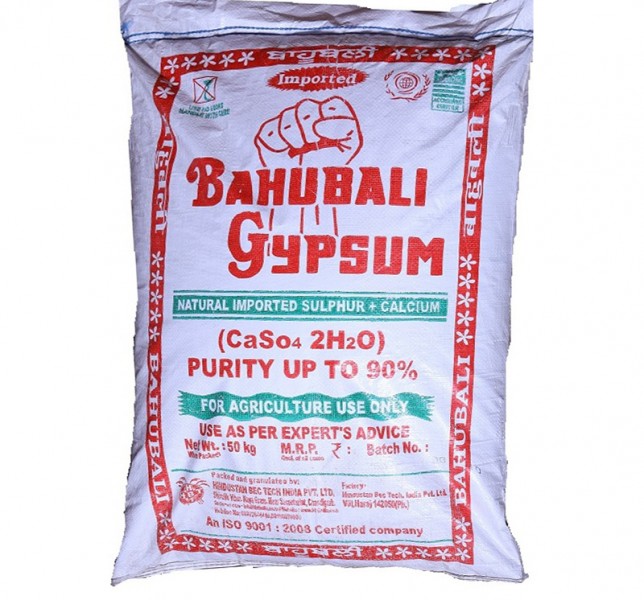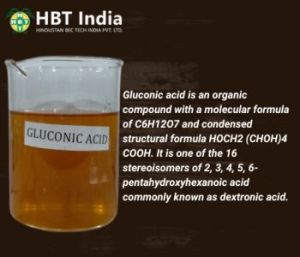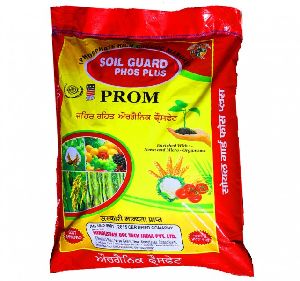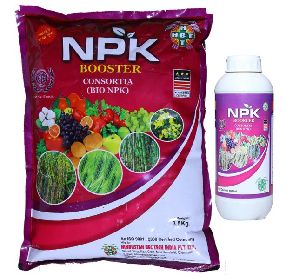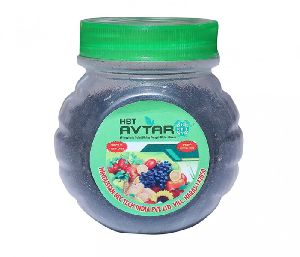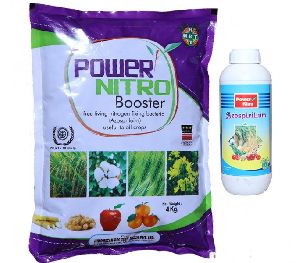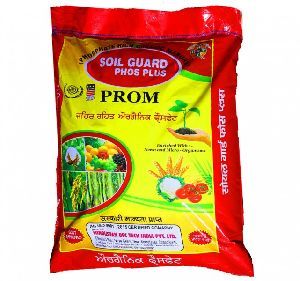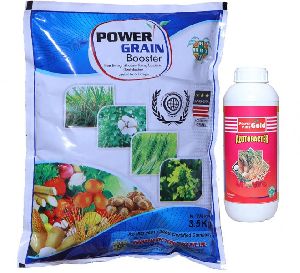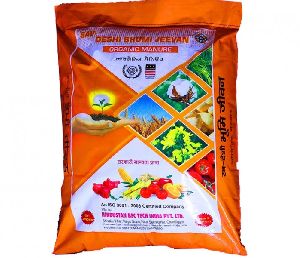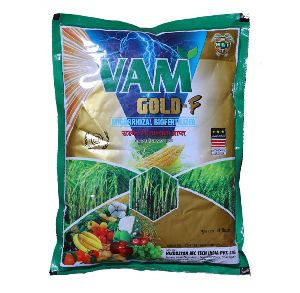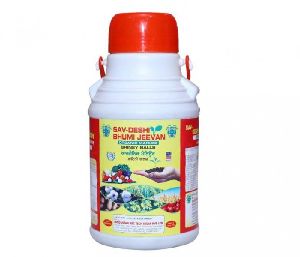Talwandi Bhai, Firozpur, Punjab
- GST NO. : 03AADCH3219G1Z3
| Business Type | Manufacturer, Supplier, Retailer, Wholesaler |
Preferred Buyer From
| Location | Worldwide |
Gypsum is a common mineral obtained from surface and underground deposits. It can be a valuable source of both calcium (Ca) and sulfur (S) for plants and can benefit certain soil properties under specific conditions.
Agricultural gypsum generally consists of CaSO4·2H2O (dihydrate). Under geological conditions of high temperature and pressure, gypsum is converted to anhydrite (CaSO4with no water).
Byproduct gypsum comes from fossil-fuel power stations where S is scrubbed from exhaust gas. Gypsum is also a byproduct from processing phosphate rock into phosphoric acid. Gypsum from recycled wallboard is finely ground and applied to soil as fertilizer.
Agricultural use : Farmers typically add gypsum (sometimes called land plaster) to soils either to nourish plants or modify and improve soil properties. Gypsum is somewhat soluble in water, but more than 100 times more soluble than limestone in neutral pH soils. When applied to soil, its solubility depends on several factors, including particle size, soil moisture and soil properties. Gypsum dissolves in water to release Ca2+ and SO42 –, with no significant direct impact on soil pH. In contrast, limestone will neutralize acidity in low-pH soils.
Looking for "Gypsum Organic Fertilizer" ?
Explore More Products


